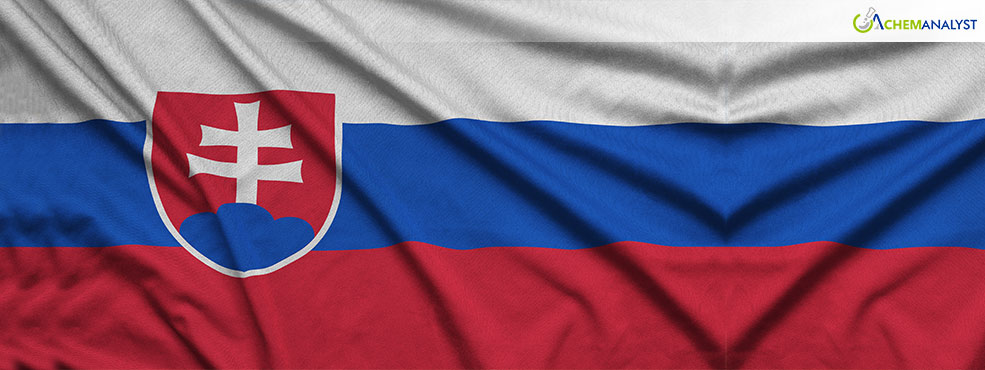Welcome To ChemAnalyst

Slovak Prime Minister Robert Fico has warned that Slovakia may halt its humanitarian aid to Ukraine if the ongoing gas transit dispute is not resolved. Speaking in Brussels on Thursday, Fico stated that Slovakia is evaluating potential actions in response to the dispute over gas flows, including vetoing EU decisions related to Ukraine and reducing support for Ukrainian war refugees. Fico’s comments came after a meeting with European Union Energy Commissioner Dan Jorgensen, where the two discussed the growing tension over the situation.
The dispute centres around the expiration of the gas transit contract between Ukraine and Russia, which ended on December 31. Gas flows through Ukraine to Slovakia stopped the very next day, leaving Slovakia, which relies on Russian gas supplies, in a precarious position. President Volodymyr Zelensky's decision not to renew the agreement has led to a standoff, with Slovakia now facing the repercussions of halted gas supplies.
Fico expressed concerns that the situation could have serious economic consequences for Slovakia, as the lack of gas could lead to energy shortages. He estimated that Slovakia could suffer significant financial losses due to the disruption, which could ripple across the broader European Union, affecting the economic stability of member states that rely on the same transit routes. Slovakia’s position in this dispute highlights its dependency on Russian energy supplies and the risks of ongoing tensions in the region.
In response, Slovakia is considering several measures aimed at exerting pressure on Ukraine to reach a resolution. These measures include potentially cutting emergency electricity supplies to Ukraine, limiting other forms of aid, and even reducing support for Ukrainian refugees who have fled the war. However, Fico emphasized that Slovakia does not want to escalate tensions and will only implement these actions if there is no resolution to the dispute.
Fico also announced the creation of a working group with the European Commission to address the issue and find a lasting solution that would allow gas flows to resume. This group will work to prevent further economic and humanitarian impacts from the ongoing gas shortage, which could have far-reaching consequences for both Slovakia and its EU neighbors.
Slovakia’s decision to evaluate such drastic measures underscores the complex geopolitical and economic pressures facing the country as it navigates the challenges of energy security, EU relations, and the ongoing crisis in Ukraine. With no clear timeline for the resolution of the gas transit issue, Slovakia’s next steps will likely play a crucial role in shaping its future relationship with Ukraine and the EU.
We use cookies to deliver the best possible experience on our website. To learn more, visit our Privacy Policy. By continuing to use this site or by closing this box, you consent to our use of cookies. More info.
